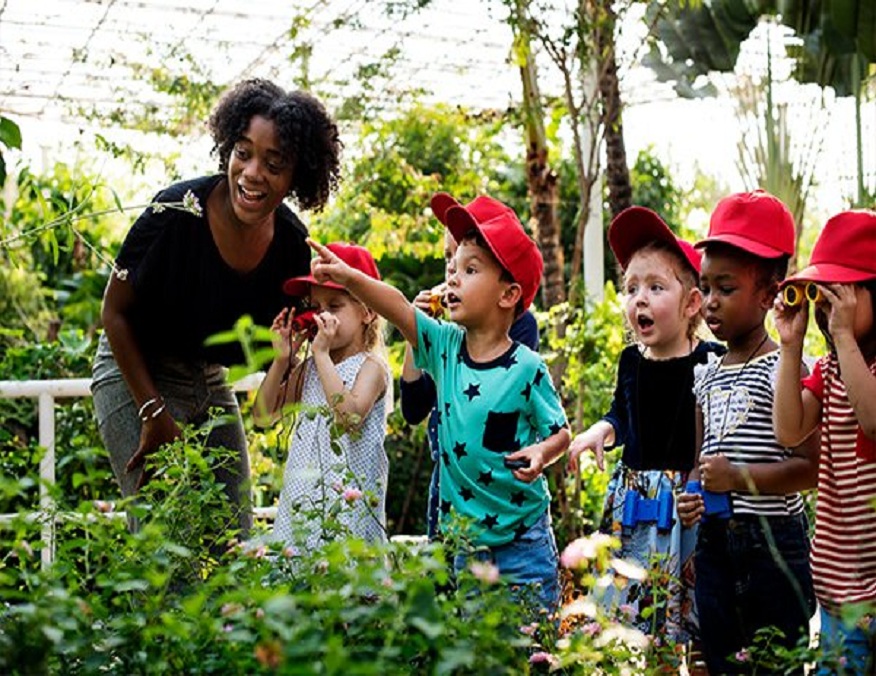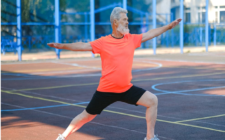Outdoor activities have long been recognized as a valuable source of physical, mental, and emotional well-being for individuals of all ages. When it comes to youth with special needs, these activities hold even greater significance.
Engaging in outdoor pursuits provides unique growth, development, and inclusion opportunities. This article explores the numerous benefits of outdoor activities for youth with special needs, highlighting their transformative impact on their lives.
1. Physical Health and Well-being
Participating in outdoor activities presents a range of physical benefits for youth with special needs. Regular exposure to fresh air, sunlight, and natural environments helps enhance their overall physical health.
Engaging in hiking, swimming, cycling, or even playing in a park can improve cardiovascular fitness, muscle strength, coordination, and balance. And thsi is why silver dofe focusses more on outdoor adventure and learning activities.
2. Sensory Stimulation and Integration
Many individuals with special needs experience sensory sensitivities or challenges in sensory integration. The outdoors provides a rich and diverse sensory environment, offering a variety of stimuli that can aid in sensory development and integration.
The sight of vibrant colors, the sound of birds chirping, the feel of grass beneath their feet, and the smell of flowers—all these elements can help promote sensory awareness, enhance sensory processing skills, and improve overall sensory regulation.
3. Social Interaction and Inclusion
Participating in outdoor adventure activities creates opportunities for youth with special needs to interact with their peers, siblings, and caregivers in inclusive and supportive environments. These interactions foster social skills development, communication, teamwork, and cooperation.
Engaging in outdoor adventure activities, such as team sports or nature-based programs, enables them to form friendships, build relationships, and develop a sense of belonging within the community.
4. Emotional Well-being and Self-Confidence
The outdoors can profoundly impact the emotional well-being of youth with special needs. Connecting with nature has been shown to reduce stress, anxiety, and feelings of isolation.
Outdoor activities provide an avenue for self-expression, self-discovery, and personal growth. Accomplishing physical challenges or conquering new experiences outdoors fosters a sense of achievement, boosting self-confidence and self-esteem.
5. Cognitive Development and Learning
Outdoor activities offer abundant opportunities for experiential and hands-on learning. Exploring nature, observing wildlife, or engaging in outdoor games can stimulate curiosity, problem-solving skills, and critical thinking.
The dynamic and ever-changing outdoor environment encourages adaptive thinking and flexibility. Furthermore, outdoor learning and charity partnership experiences can reinforce academic concepts and improve concentration, memory, and attention span.
6. Improved Mental Health
The therapeutic benefits of outdoor activities for special-needs youth extend to their mental health. Nature has a calming effect on the mind, reducing anxiety and improving mood.
Outdoor environments provide a respite from the pressures and demands of daily life, promoting relaxation, mindfulness, and emotional resilience. Exposure to natural light and green spaces has also been linked to reduced symptoms of depression and improved overall psychological well-being.
Conclusion
Engaging in outdoor activities has transformative potential for youth with special needs, enhancing their physical, cognitive, social, and emotional well-being. The outdoors provides an inclusive and nurturing environment that promotes growth, development, and a sense of empowerment.
By recognizing and facilitating the benefits of outdoor activities, we can unlock the full potential of youth with special needs, empowering them to thrive and lead fulfilling lives.




